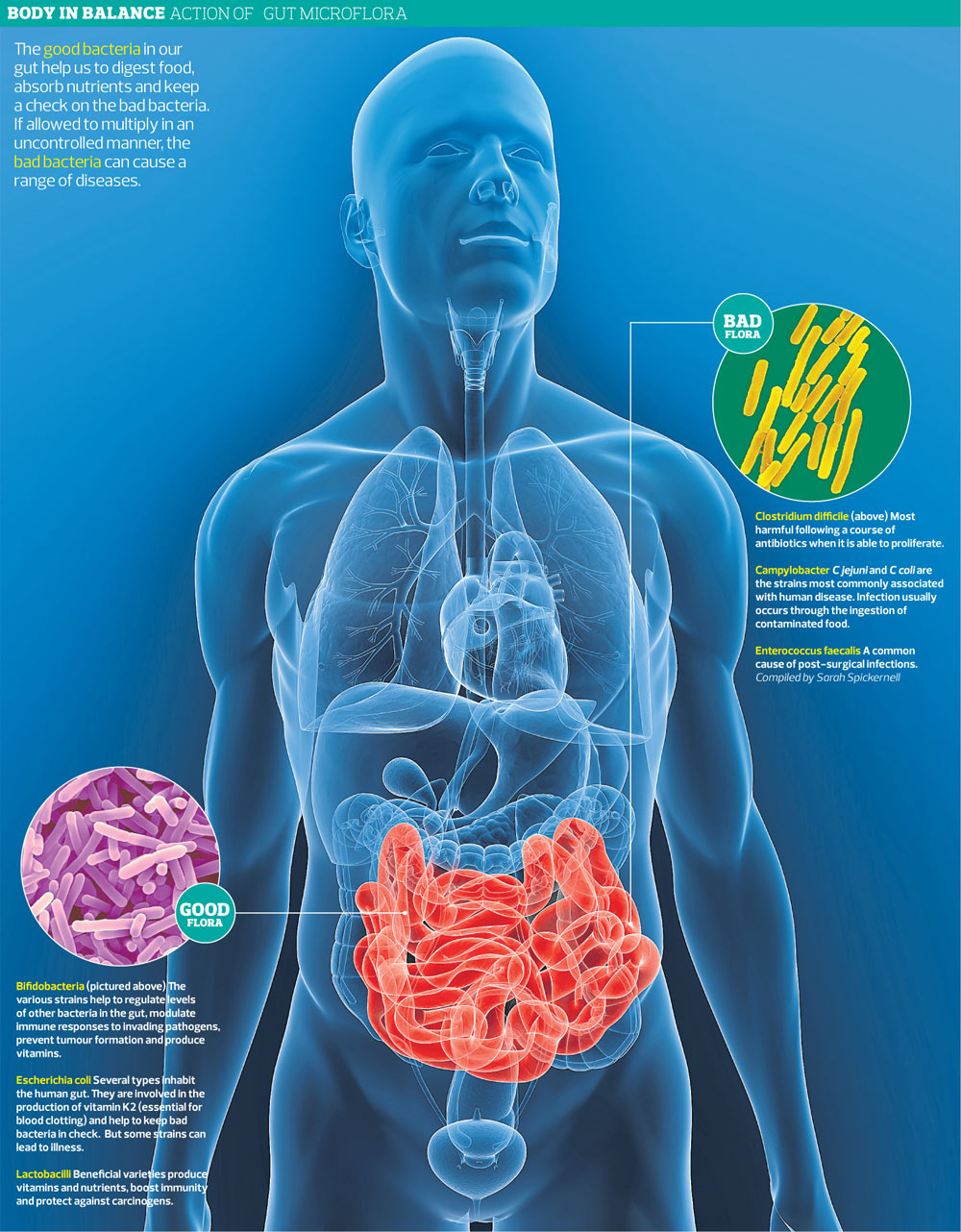Fermented foods help to diversify the balance of microbial species, thereby
strengthening your microbiome. Miso has more than 160 bacterial strains along with protein, B‐complex
vitamins and antioxidants.
Some
of the strains of microbes in kimchi include L. mesenteroides,
L. plantarum, L. citreum, L.
brevis, L. curvatus, L. plantarum, L.
lactis, P. pentosaceus, W. confusa, W.
Koreensis, and it has vitamin C, carotenoids, and enzymes.
Making your own fermented foods like kimchi or kombucha is very easy, and less costly than buying them already prepared. Homemade yogurt has 100 billion microbes per serving; that’s 100 times more than the 1 billion found in 1 serving of commercial yogurt.
Kefir
is another fermented milk product. It is made by souring milk with a large
number and variety of beneficial bacteria and yeast. These strains are able to stay
in the digestive tract and help to balance the microbial flora. Yogurt’s
beneficial microbes don’t stay in the digestive tract as long.
Other
fermented foods include sauerkraut (not from a can), buttermilk, tempeh, and pickles.
In fact you can ferment just about any vegetable. There are numerous videos and
books on the subject. I highly recommend Nourishing Traditions, it has many traditional
recipes.
